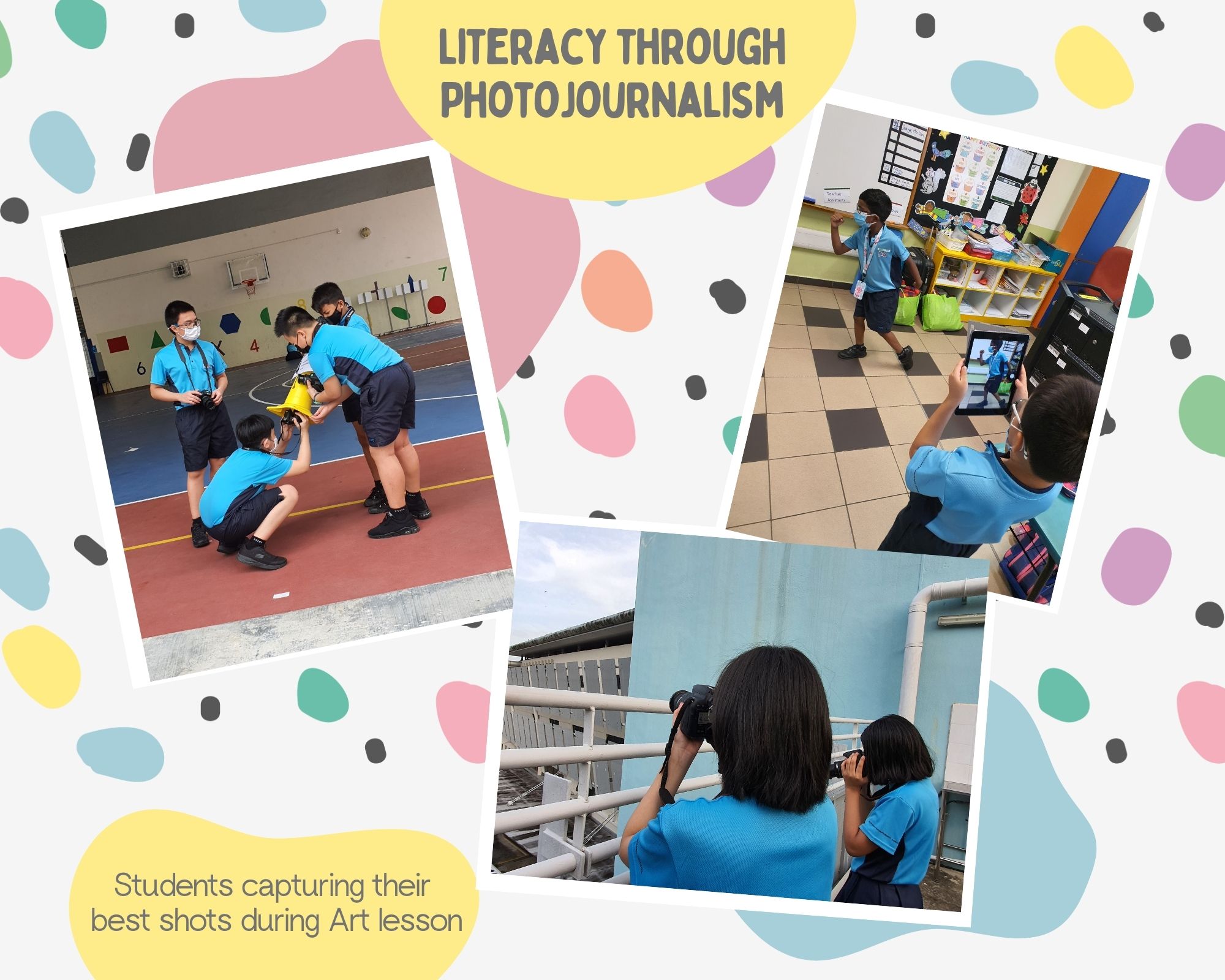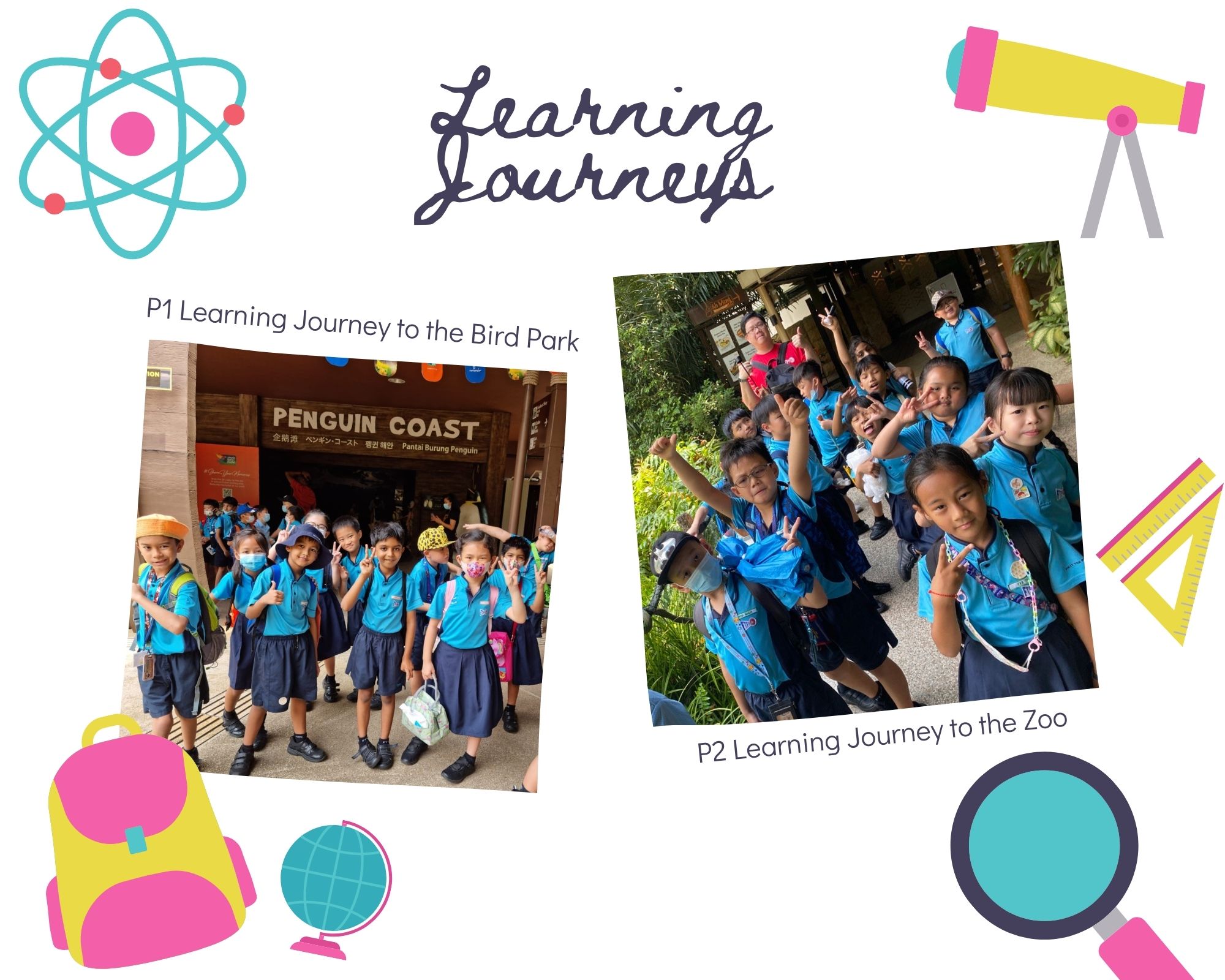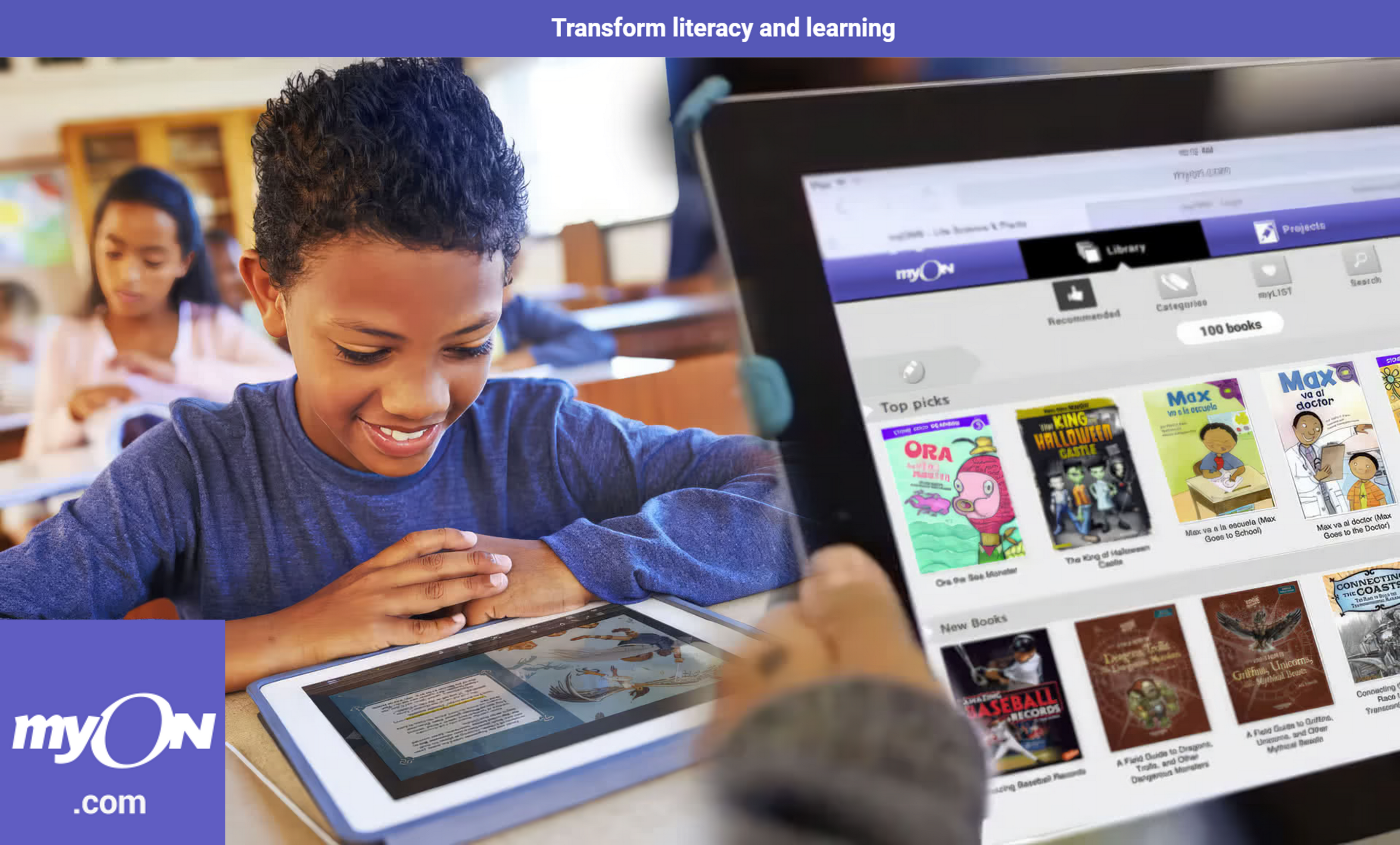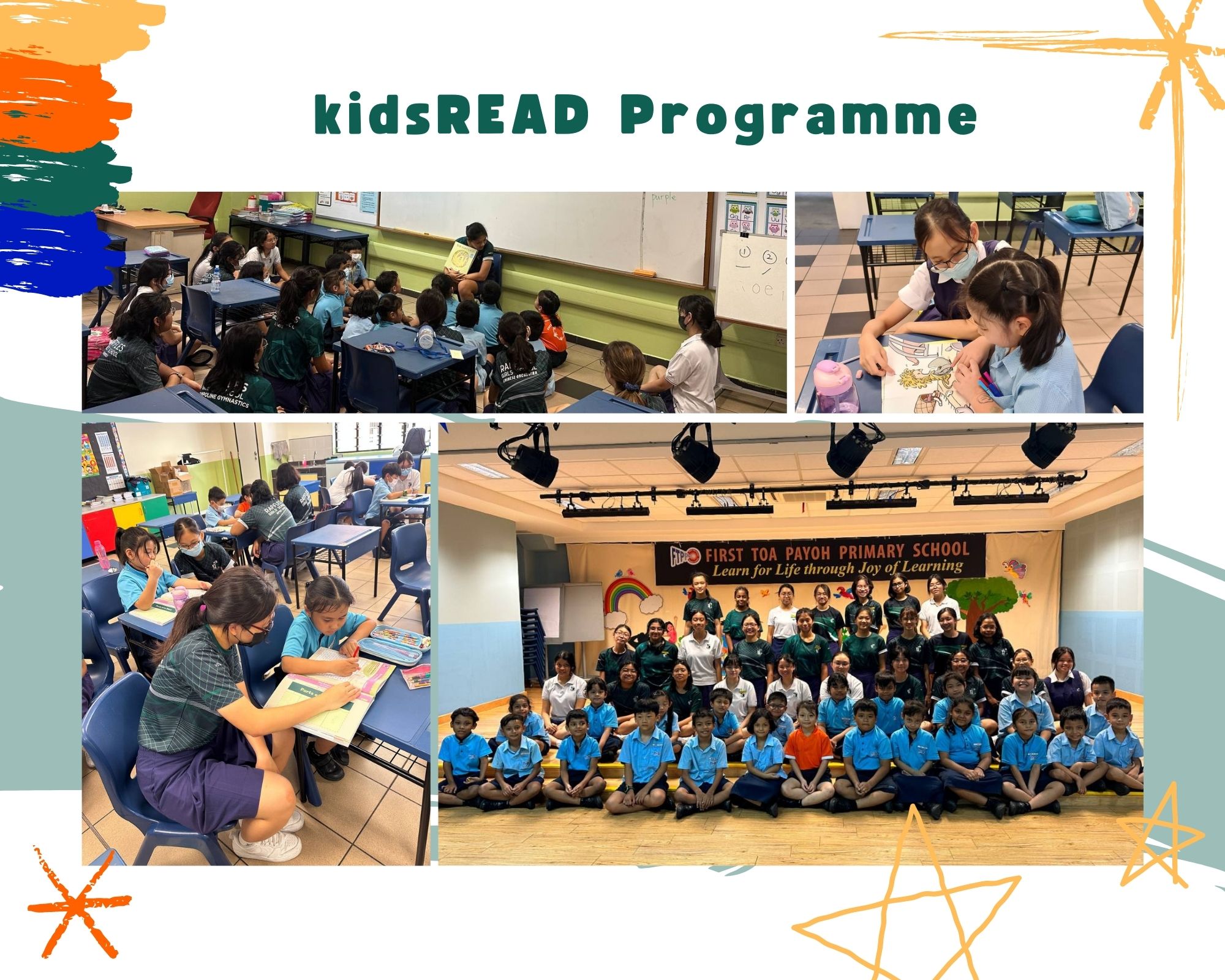English Language
Literacy Through Photojournalism

Students undergo basic photography training during Art lessons and follow up with English lessons to acquire the language skills to describe the photographs they have taken. Students learn to use language to represent their photographs taken and eventually use this skill to raise awareness of environmental and social issues within the community.
STELLAR
The STELLAR framework guides the teaching and learning of English language in seeking to develop students’ listening, speaking, reading and writing competencies. Apart from developing students who love reading and have a strong foundation in English Language, we also develop multiple competencies in our students to capitalise on the rich opportunities of the digital age. Language is taught in meaningful contexts, through integrating the different areas of language learning and introducing language skills and strategies in an explicit and systematic way.
Lower Primary

Students experience the Shared Book Approach (SBA), Modified Language Experience (MLEA) writing, Extensive Reading and Differentiated Focus Lessons (DFL) to learn skills related to “learning to read”, writing, speaking and listening.
Upper Primary
Students are taught progressive skills of Sustained Silent Reading, Supported
Reading, KWL and Retelling. They also have Differentiated Focus Lessons
(DFL) and language activities, as well as Extensive Reading. They engage
in the Writing Process Cycle where they read, write and rewrite drafts
in exploring language use.
Speaking Programmes
Students develop confidence in speaking through a spiral approach to cultivate appropriate intonation, expression and pronunciation.
-
Show and Tell / Pick and Tell (P1 and P2)
Students talk about an artefact (brought to school or selected from a
box of objects) and answer questions raised by their audience.
-
One Minute of Fame (P3 and P4)
Students are given the opportunity to present on a topic of their interest
or passion to their classmates.
-
Seek and Speak (P5 and P6)
Students develop confidence in speaking face to face with an adult by engaging a teacher in a conversation on a topic of their choice.
Story Spark Programme

The Story Spark Programme aims to develop a joy of independent reading among students using e-books. The programme provides levelled readers, which match students’ reading ability, for them to enjoy at their own time and pace.
Support Programmes
-
Learning Support Programme (LSP)
Students are given the support to bridge gaps in reading and writing to
cope in English lessons.
-
School-based Dyslexia Remediation (SDR)
The SDR programme aims to assist students with dyslexia in decoding words
through syllabication and an understanding of phonics. Through rigorous
cycles of 60 min lessons, it monitors the development of students across
2 years.
-
Reading Remediation Programme (RRP)
RRP identifies students who are below the appropriate developmental reading
age and guides them to decode monosyllabic and multi-syllabic words with
consideration of their meanings as part of a sentence. Through biweekly
sessions and progress monitoring cycles, it tracks the development of students
across 2 years. As students progress, they will also be taught reading
comprehension skills.
kidsREAD Programme

A collaboration with the National Library Board (NLB) and Raffles Girls’
School (RGS), kidsREAD aims to promote the love of reading and cultivate
good reading habits among young students. The kidsREAD sessions are conducted
by our teachers, as well as the RGS student volunteers trained by NLB in
basic storytelling skills.

